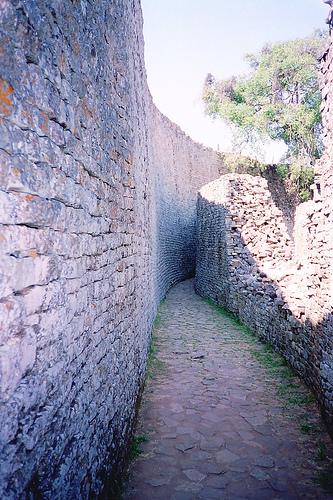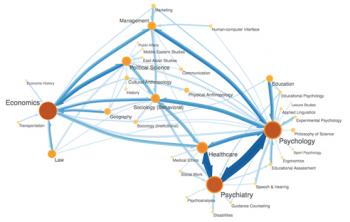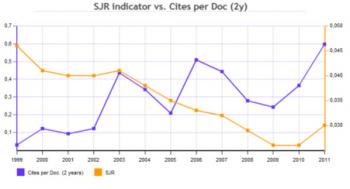Posted on September 18, 2012

Robertson (2008:144) says that: " The heritage discourse is centred around a number of critical (in both meanings of the word) dualisms: between those who take a pessimistic view of the turn to heritage in the last quarter of the twentieth century and those who take a more optimistic view; between the professional practitioners of the heritage industry and the professional academics; between the past deployed in the service of identity-making at a national level and at other spatial scales."
This is a problem in the broader field of museums, archives and heritage, as some recent American work has demonstrated. The Archival Platform was discussed in this context at the American Historical Association meeting in January 2012.
As a historian, I should really consider writing a book, because this kind of publication is most highly valued in that field. However, given declines in academic library budgets and the lack of access by cultural heritage institutions to academic libraries, I have to ask how many people would read it, and whether it would simply be other historians. This graphic from the Eigenfactor project (http://www.eigenfactor.org/map/fig3.png) demonstrates how little historians (who tend to publish more books) are being cited in other humanities fields that tend to publish in journals. This is important because the heritage field is multidisciplinary, and I'd like archaeologists, cultural heritage managers, and others to read what I write.

A more serious problem is reaching heritage practitioners who do not generally have access to academic databases, however.

I do like the solution offered by the blog, though - a friendly, expansive hint of work that is published elsewhere in greater detail. I think academics and practitioners should make greater use of it to start speaking across the many walls that divide their conversation.
Next time I'll write about the approaches that can divide us as surely as the spaces in which we publish.
Harriet Deacon is the UK correspondent for the Archival Platform.
Footnotes
1. ArchivesNext blog, 19 Jan. 2012, 'Antoinette Burton's perspective on the 'archival divide:'Â remarks delivered at AHA', http://www.archivesnext.com/?p=2453